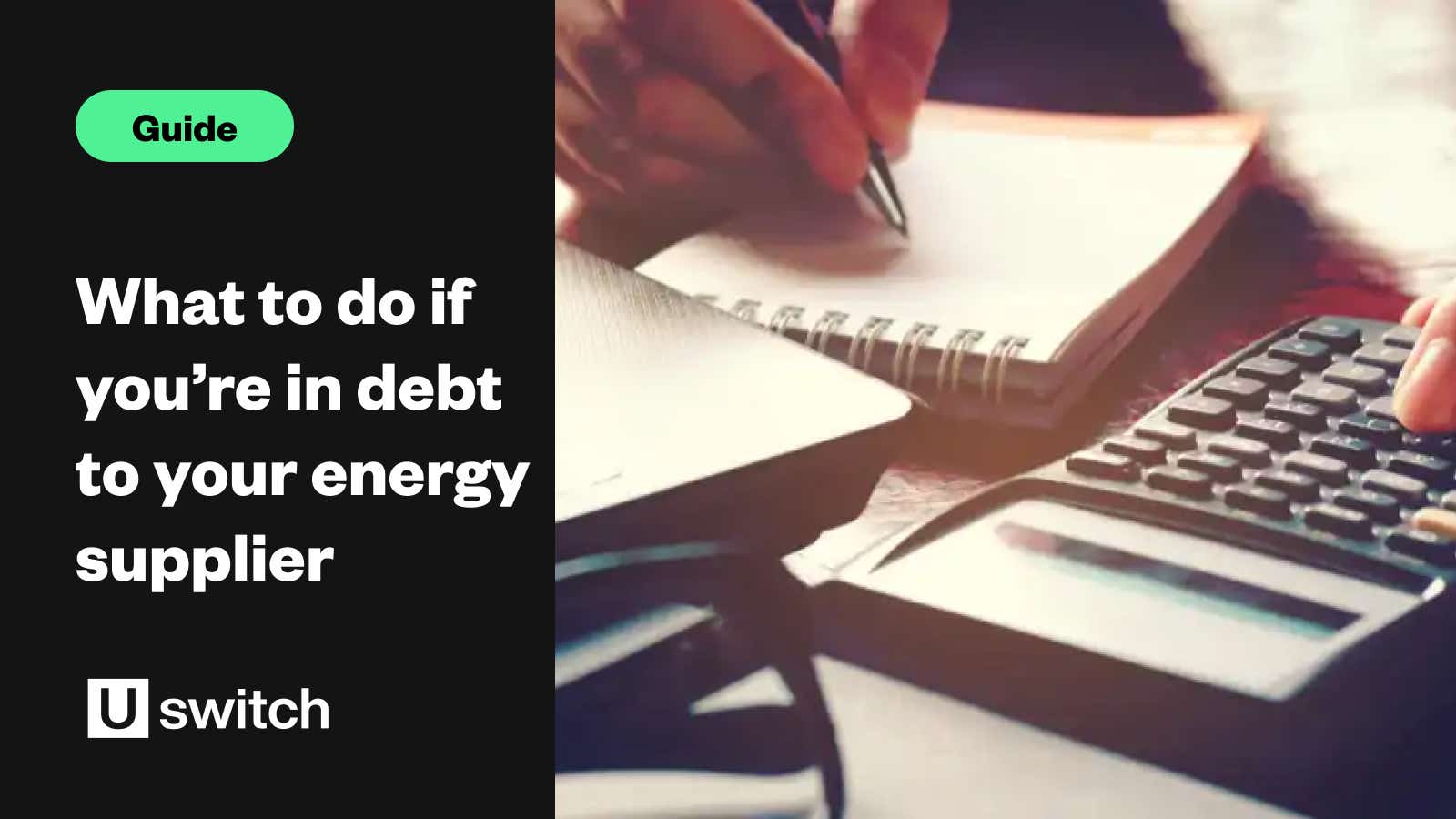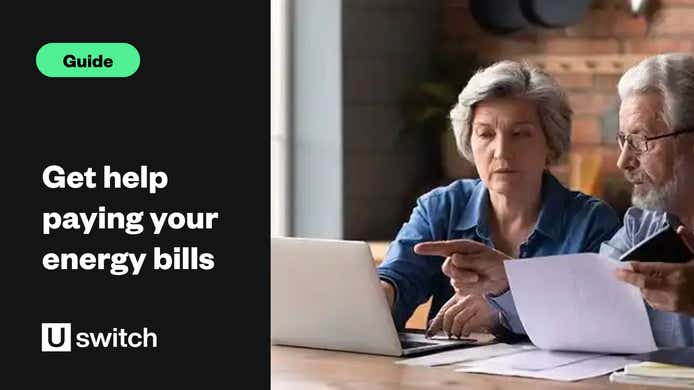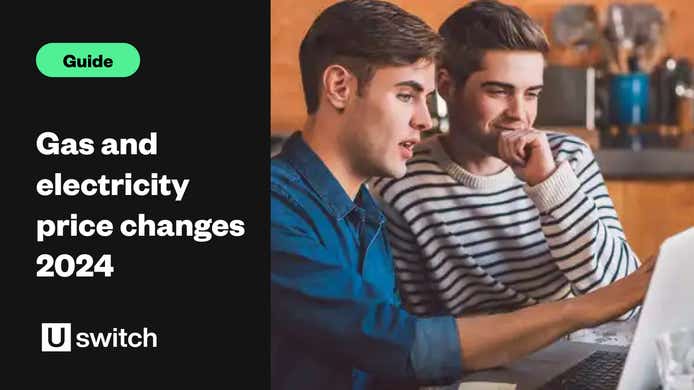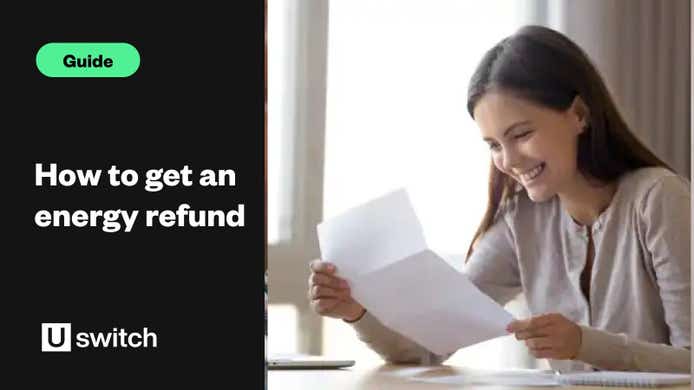If you're in debt to your energy supplier, you're not alone. Thousands of people throughout the UK struggle to pay for their energy, with defaults on direct debits reported at record highs in April 2025. However, falling behind on your energy payments doesn't have to lead to your power being switched off.
What to do if you're in energy debt
More households than ever across the UK have struggled with their energy bills over the last couple of years. Usually, the solution to the problem of expensive energy bills would be to switch to a cheaper energy plan (assuming you've been in debt for less than 28 days) but, although there are increasing numbers of deals on the market, switching to a fixed deal might not be right for everyone.
Speak to your energy supplier
If you're in debt to your supplier or you know you're going to struggle to pay your bills, your first port of call should be your energy supplier. Ultimately, it's in everyone's interest that the situation is resolved. Call or write to its team to discuss the situation and find out what they can do to help you. Your supplier must also give you information on how to avoid getting into debt, about how you can pay back your debt, and a summary of the money you currently owe.
As well as giving you tips on ways to avoid getting into energy debt in the first place, your energy supplier can set up a repayment plan so you can pay back your energy debt gradually. Although your supplier is not required by law to offer you a way of repaying your debts that takes your financial situation into account, it is likely to.
Repayment plans space your energy payments out over time so you don't have to pay large lump sums all at once. They can be weekly, fortnightly or monthly, and will include a portion of your current use and a portion of your debt. If you are already on a repayment plan, but can't manage the payments, you may be able to renegotiate with your supplier so that it is more affordable.
Deductions from benefit payments
Some people on benefits can arrange to pay off their energy debt by way of small weekly deductions from their benefit payments, known as third party deductions. You can get more information from the Citizen's Advice Bureau and Job Centre Plus as well as our own guide to getting help with your bills.
Can I owe money if I'm on a prepayment meter?
Yes - even though you have to top up the meter to use energy, you might still be in debt if there isn't enough money on it to cover standing charges or emergency credit you might have used to top up.
Can I change energy supplier if I owe money?
It depends but the answer is often yes. If you're on a credit meter, you can't switch if you've been in debt for more than 28 days. If you're on a prepayment meter, you can't switch if your debt is more than £500.
If you're on a credit meter and facing the prospect of being disconnected, your energy supplier may suggest that you switch to a prepayment meter, which will ensure you don't fall further behind in debt to it.
With a prepayment meter, you pay for your energy with a token, key or smartcard that you top up like a pay-as-you-go mobile phone. However, if the money runs out, you won't be able to use any energy.
Prepayment meters can also be more expensive than a standard meter although, since February 2024, the government has applied a discount on prepayment meters that means you may not be penalised financially for being forced to switch.
A prepayment meter puts you in control of exactly how much you spend on your gas and electricity and is likely to change your energy habits around the home, whether it be turning the lights out in every room or switching to energy-saving lightbulbs.
If your switch is wrongly blocked due to debt, you can make a complaint. If you need more information about how to do so effectively, read our guide on energy complaints.
Find out more about prepayment meters here.
Am I eligible for the Warm Home Discount?
You might be eligible for the Warm Home Discount, which is aimed at alleviating financial pressure on those at risk of fuel poverty. It takes the form of an automatic rebate on the energy a household uses between October and March, when it's likely to see the highest usage. For the 2024-25 winter season, it's set at £150.
To learn more, check out our dedicated Warm Home Discount guide, or call the dedicated Warm Home Discount helpline on 0800 030 9322 from 8am to 6pm on Monday to Friday.
Am I eligible for any energy grants?
You could be eligible for energy grants from suppliers, but the application process can be complicated depending on the supplier. You would probably need to detail your income and spend, so speak to a debt advisor before applying. Check out our interactive guide to finding out if you might be eligible for such schemes, including potential government help with energy bills.
Find out more about the help offered by the bigger energy suppliers below:
Could my energy supply be disconnected?
It's rare for people to have their gas and electricity disconnected, because it really is a last resort for energy suppliers, but it can happen. Your supplier must send you a disconnection notice before it can disconnect you, and it can't do that until at least 28 days after it sends your bill. It must also give you at least seven days' written notice first.
If you're a pensioner, have long-term health problems, are disabled or have serious financial problems, there are extra measures in place to protect you against being disconnected.
How can I avoid falling into energy debt?
Affordability may just be one reason why you’re unable to keep up with energy payments. Start by taking a closer look at your gas and electricity usage. Knowing how much you’re using is the first step to finding ways to cut your energy usage and save money. If you can, switch to direct debit payments, which often give you access to cheaper tariffs.
Also check out our list of 104 energy saving tips for your home along with our extensive range of energy efficiency and home insulation guides – all of which can help cut energy costs across your home.




